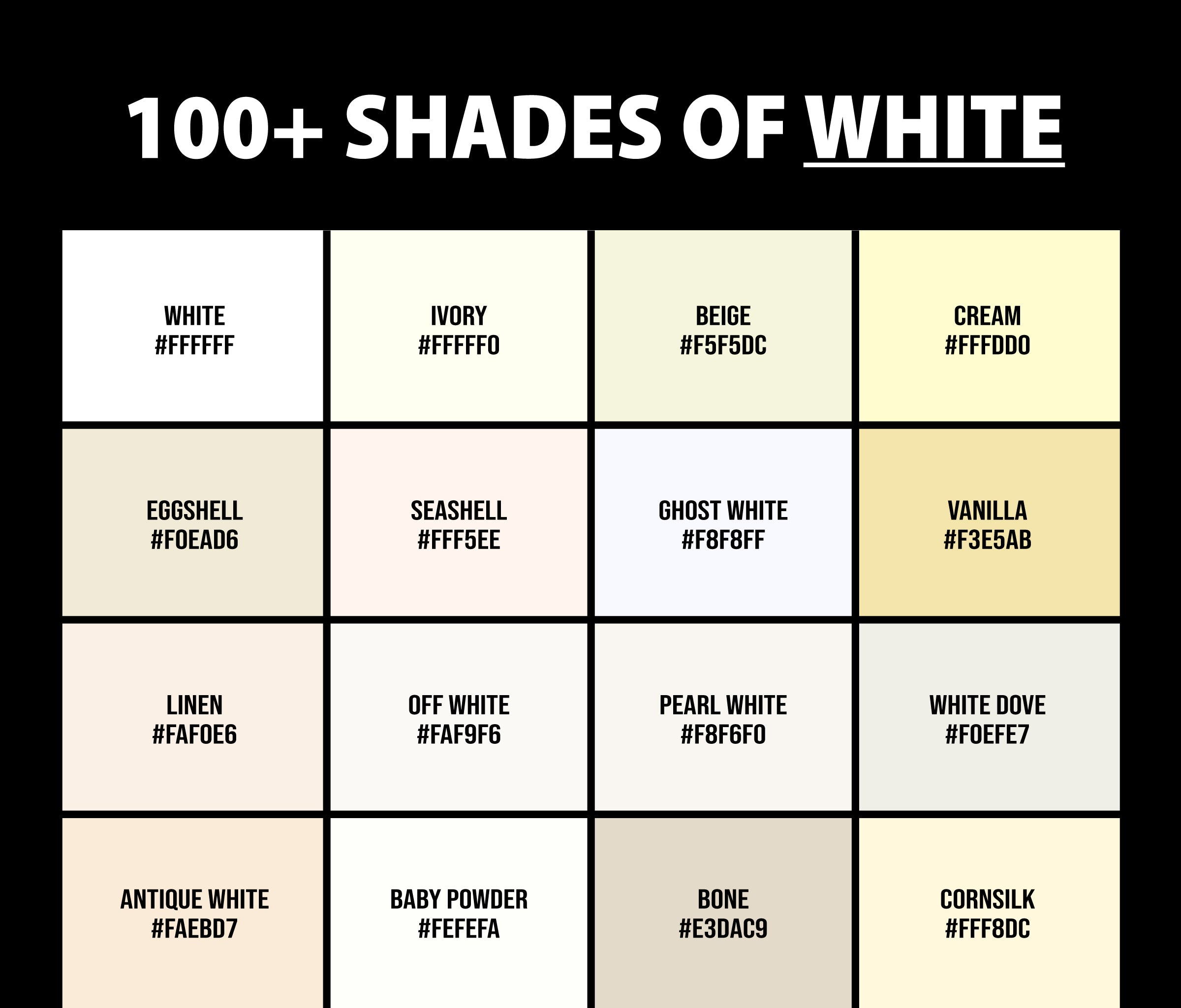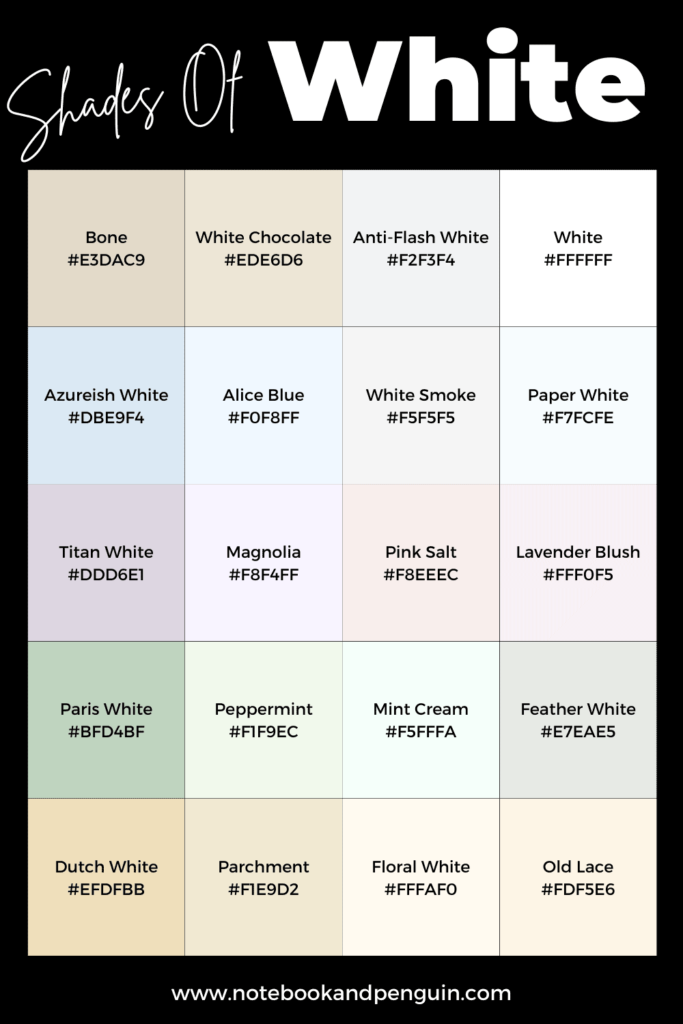The world of stand-up comedy has, for a very long time, been home to many different kinds of performers, and those who identify as white comedians have certainly played a big part in shaping what we see and hear on stage. From the early days of vaudeville to the big streaming specials we watch today, their presence has been something that has really helped comedy grow and change. It's a fascinating area to think about, how humor connects with people from all walks of life, and what makes someone really hit the mark with an audience.
When we think about the people who make us laugh, it's pretty clear that there's a wide range of voices and perspectives out there. A white comedian, like any performer, brings their own unique experiences and ways of seeing things to the microphone. This often means they talk about everyday life, family moments, or the strange things that happen when you're just trying to get through the day. It's a connection that happens when someone on stage says something that just clicks with what you've been thinking or feeling, too it's almost a shared secret.
This article is going to take a bit of a closer look at the journey and the way of working for white comedians. We'll explore how they find their voice, what kinds of things they talk about, and how they connect with the people who come to see them perform. It's about seeing the human side of making people laugh, and how a performer builds a connection with their crowd, you know, making it feel like a chat among friends.
Table of Contents
- The Comedian's Path - A Biography of the Archetypal White Comedian
- What Makes a White Comedian Connect with an Audience?
- Finding a Voice - The White Comedian and Their Material
- How Do White Comedians Handle Different Audiences?
- The Art of the Set - The White Comedian at Work
- Is There a Typical Journey for a White Comedian?
- Building a Following - The White Comedian and Their Community
- Where Do White Comedians Find Their Inspiration for New Jokes?
The Comedian's Path - A Biography of the Archetypal White Comedian
When we talk about the life of a white comedian, we are really thinking about a path that often starts with a simple desire to make people smile. It's not usually about a grand plan from the start, but more about a feeling, a drive to share observations and stories. Many begin in small clubs, maybe even open mic nights, where the stage is just a little raised platform and the audience is a handful of friendly faces, or perhaps just a few curious ones. They are, in a way, just trying to figure out a quick and easy fix for how to get a laugh from strangers. This early time is very important for learning what works and what doesn't, how to tell a story so it lands just right.
The journey for a comedian, any comedian really, involves a lot of trying things out and seeing what sticks. There's a lot of practice, writing down thoughts, and then getting up in front of people to see if those thoughts can turn into laughter. It's a bit like someone trying to fix a computer issue without needing to download anything extra; they're finding a solution using what they already have, their own voice and way of seeing things. Over time, a performer starts to find their own rhythm, their own special way of talking that makes them stand out. This is where their true comedic voice begins to really take shape, you know, becoming something distinct.
The table below gives a general idea of the kinds of things a typical white comedian might experience on their way to becoming a known performer. It's not a set list for everyone, of course, but more a collection of common steps and qualities that often show up in their professional lives. This helps us to get a bit of a picture of what it takes to do this kind of work.
| Aspect of the Journey | Typical Experience or Quality |
|---|---|
| Early Beginnings | Starts at open mic events, small clubs, or local shows. Often performs for very few people. |
| Material Development | Focuses on personal stories, observations about daily life, or cultural commentary. Learns to shape jokes for maximum impact. |
| Voice Discovery | Develops a unique style of delivery and perspective, perhaps an "extra pathway" for humor that sets them apart. |
| Audience Connection | Learns to read a crowd and adjust jokes on the fly, aiming to make people feel like they're part of a shared moment. |
| Professional Growth | Moves to bigger stages, possibly gets spots on television or radio, or builds a following online. |
| Community Involvement | Often connects with other performers, offering support and sharing ideas within the comedy scene. |
| Resilience | Faces many moments of silence or jokes not landing, but keeps going, learning from each performance. |
What Makes a White Comedian Connect with an Audience?
Connecting with people when you're on stage is really about building a kind of shared experience, isn't it? For a white comedian, this often means finding common ground with a wide range of listeners. It could be through talking about things that almost everyone can relate to, like the little annoyances of modern life, or the funny parts of family get-togethers. They might talk about their own missteps or the silly things they've seen, which makes them seem more human and approachable. It's about making the audience feel like they're discussing their favorite team, where everyone is on the same side, laughing together at something they all understand. This kind of connection is very powerful.
The way a comedian delivers their jokes also plays a big part in how well they connect. It's not just the words, but the timing, the way they move, and the expressions on their face. A good performer can make a simple story feel like a big event, drawing everyone in. They encourage open, honest, and thoughtful laughter, creating a space where people feel comfortable just letting go and enjoying themselves. This is a crucial part of the performance, making sure the atmosphere is just right for fun. So, it's a mix of relatable material and a delivery that feels genuine and inviting.
Finding a Voice - The White Comedian and Their Material
Every comedian has to find their own voice, their unique way of looking at the world and making it funny. For a white comedian, this might mean exploring the quirks of their own background, their family life, or the strange things they notice in their surroundings. They might use observational humor, pointing out the funny bits in everyday situations, or tell stories about their own lives that are both personal and broadly appealing. It's about digging deep into what they know and turning it into something that resonates with others. This process is very much about discovery, figuring out what makes them tick and what makes other people laugh, too it's kind of an ongoing project.
The material they choose to share is often a reflection of their own experiences and perspectives. Some might focus on social commentary, using humor to talk about bigger ideas, while others might stick to more lighthearted topics. The key is to be authentic, to sound like themselves, and to talk about things they genuinely care about. This genuine approach is what helps them build a strong bond with their audience, creating a community where laughter is the main shared interest. They are, in a way, sharing a piece of themselves, and that's what makes the humor feel so real.
How Do White Comedians Handle Different Audiences?
Performing for different groups of people can be quite a challenge for any comedian, including a white comedian. What makes one crowd roar with laughter might get a quiet chuckle from another. So, a performer learns to be pretty flexible, to read the room, and to adjust their jokes on the fly. This might mean having a few different versions of a story ready, or knowing when to move on from a joke that isn't landing. It's about being able to support the energy of the room, to feel what the people are giving back and respond to it. This ability to adapt is very important for success in stand-up, as audiences can be very varied, and their moods change.
Sometimes, a comedian might even adjust their style a little bit, maybe becoming a bit more energetic or a bit more laid-back, depending on the vibe of the place. They learn to listen, not just to the laughter, but to the silences, too. This helps them understand what kind of humor is going to work best for that particular group of people. It's a constant learning process, always trying to find that sweet spot where everyone feels included and entertained. This responsiveness is, basically, what separates a good comedian from a truly great one.
The Art of the Set - The White Comedian at Work
Putting together a comedy set is a lot more involved than just telling a few jokes. For a white comedian, it's about crafting a flow, a story that builds and builds, leading to bigger and bigger laughs. They think about the order of their jokes, where to put the strongest ones, and how to transition smoothly from one idea to the next. It's like putting together a puzzle, where every piece has to fit just right to create a complete picture. They might have a simple fix for a joke that isn't quite working, maybe changing a few words or a pause, and that little adjustment can make all the difference. This attention to detail is very common among those who truly excel at their craft.
The performance itself is where all that planning comes to life. A comedian has to be present, reacting to the audience, and making every moment feel fresh, even if they've told the same joke a hundred times. They use their body language, their voice, and their expressions to add layers to their words. It's a kind of magic, really, taking something written down and making it feel spontaneous and alive. This is where the hard work of writing and practicing truly pays off, when the laughter starts to fill the room, you know, that really satisfying sound.
Is There a Typical Journey for a White Comedian?
While every comedian's path is unique, there are some common steps or experiences that many white comedians share on their way to becoming well-known. It often begins with a passion for comedy and a willingness to perform in any venue, no matter how small. They might spend years honing their craft in local clubs, traveling from city to city, trying to get noticed. It's a bit like an extra pathway that some people just seem to have, a natural pull towards making people laugh and performing. This early period is often about trial and error, seeing what kind of humor connects with different types of people.
As they gain more experience, they might start opening for bigger acts, or get spots on late-night TV shows. This is where their hard work starts to really pay off, and they begin to build a wider audience. They might also start creating their own specials for streaming services, which allows them to share their humor with people all over the world. So, while there's no single "typical" journey, there are definitely shared milestones and experiences that many performers go through as they grow in their careers, basically, a shared set of challenges and triumphs.
Building a Following - The White Comedian and Their Community
In today's world, building a group of loyal fans is about more than just performing on stage. A white comedian often connects with their audience through social media, podcasts, or even online videos. This allows them to share more of their personality and give people a peek into their creative process. It's about creating a community, a place where people who enjoy their humor can gather and feel like they belong. This kind of interaction helps to make the connection feel more personal, more like a friendship than just a performance. They encourage open, honest, and thoughtful discussions, fostering a sense of shared enjoyment.
This digital connection is also a way for comedians to get direct feedback from their fans, to understand what people enjoy and what they might want more of. It helps them feel supported and gives them a sense of what their audience is looking for. This two-way street helps to make the bond stronger, turning casual listeners into dedicated followers. So, it's about more than just telling jokes; it's about building a space where people feel seen and heard through shared laughter, you know, a true connection.
Where Do White Comedians Find Their Inspiration for New Jokes?
The wellspring of new material for a white comedian, like any artist, is often found in the everyday. It could be a strange interaction at the grocery store, a funny comment from a family member, or a news story that just seems too absurd to be true. They often have a keen eye for the little details that most people overlook, turning them into observations that resonate with a crowd. It's about taking the ordinary and making it extraordinary through the lens of humor. They might find a simple fix for a joke that feels a bit flat by just changing one word, and suddenly, it lands perfectly. This constant search for the funny in life is basically what drives their creativity.
Personal experiences are also a huge source of inspiration. Many comedians talk about their own lives, their relationships, their struggles, and their triumphs. This kind of honest sharing creates a deep connection with the audience because it feels so real and relatable. It's about encouraging open, honest, and thoughtful reflection, both for themselves and for the people listening. They might even find humor in things that were once challenging, using comedy as a way to process and share their journey. So, whether it's the big moments or the small ones, life itself provides endless material for those who know how to look for it.
The world of comedy is always shifting, and white comedians, like all performers, keep finding new ways to make us laugh. They pull from their lives, their observations, and their unique perspectives to create moments of shared joy. It's about the human connection, the quick and easy fix of a good joke, and the community that forms around shared humor. They work to support each other and to keep the art of making people smile going strong.



Detail Author:
- Name : Iliana Davis
- Username : telly.sauer
- Email : moises.connelly@hotmail.com
- Birthdate : 2007-03-26
- Address : 4299 Anna Ports Port Murlside, WI 91564-0479
- Phone : 657.664.4247
- Company : Farrell, Kiehn and Olson
- Job : Coil Winders
- Bio : In voluptas placeat voluptatem. Perferendis maxime voluptatem exercitationem saepe sed facilis. Consectetur voluptas in dolor dicta eveniet ex.
Socials
tiktok:
- url : https://tiktok.com/@veda.zemlak
- username : veda.zemlak
- bio : Dolor veritatis quia ipsa nihil dolorum voluptatem aut.
- followers : 6314
- following : 1059
linkedin:
- url : https://linkedin.com/in/veda_zemlak
- username : veda_zemlak
- bio : Quis voluptatem praesentium voluptas.
- followers : 6656
- following : 2942
facebook:
- url : https://facebook.com/zemlak1981
- username : zemlak1981
- bio : Inventore expedita hic molestiae dolorem cupiditate.
- followers : 5489
- following : 1345